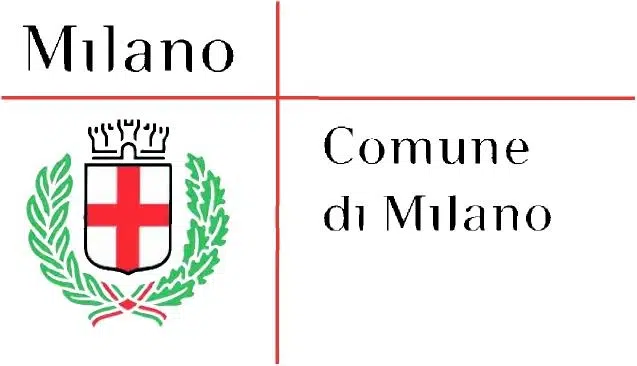Good Practice
Closer to Citizens: Anti-Heat and Loneliness Plan
One of the key objectives is to strengthen, particularly in summer months, existing year-round social and home policy assistance for people assisted by the Social Services of the Municipality of Milan. It aims to extend aid activities to a wider range of citizens who, in summer, face increased challenges obtaining support from family members and caregivers. It also seeks to integrate Social Services Access Points to make it easier for fragile citizens and their families to be attended and oriented to services and resources in the area. It strives to offer short and emergency interventions and to support work-life balance for families of elderly citizens and of people with disabilities and/or in situations of fragility. It aims to organise a communication system for monitoring weather conditions to help prevent the effects of heat waves, and to draw up a list of referrals to competent health authorities (ATS) to define individuals’ degree of frailty and health risks.
POLICY OBJECTIVE
- Strengthen at-home and social support interventions
- Integrate and facilitate access to social services
- Offer beneficiaries targeted orientation to the network of public services
- Relieve caregivers in particular periods of the year
- Improve the work-life balance of families, the elderly and disabled people
- Conduct integrated and preventive interventions related to social support and health care
CONTEXT
The City of Milan’s Welfare Development Plan (2018-2020) highlights how data in the municipality’s information system relate to the population development for 2030, making it possible to understand a demographic trend that will see a sharp decrease of minors (-2.7% of the total population) against an increase in the adult population (+2.1%) and young elderly people (+1.3%). At a glance, these values offer a perspective of the city’s potential demographic development and the consequent changes in terms of citizen needs.
POLICY DESCRIPTION
The ageing of our population is closely linked to loneliness and changing family structures and dynamics. A considerable portion of Milan’s residents are lonely: 45% of families, a figure that is decidedly higher than the Italian average (32%). Eleven per cent of single-parent families qualify as well, situating the real figure at over 50% of the population. From this perspective, this plan to develop citizen welfare commits the Administration to help people, particularly women, to reconcile time for life and work. There is also the prospect of strengthening the relationships networks to respond to the tragedy of ageing in solitude. The anti-heat and -loneliness plan, among other interventions put in place by the Administration, aims to respond to the need for flexible and articulated services for fragile people and their families. This project therefore offers citizens a system of services from qualified personnel to ensure necessary social assistance and care support so citizens can stay at home even in summer. Finally, all the activities developed are in line with the Guidelines prepared by the Presidency of the Council of Ministers, Department of Civil Protection
KEY ASPECTS
- Helps fragile people stay at home and relieves families/caregivers for limited periods of time and in emergency situations by offering personal and environmentally friendly hygiene service and meal preparation. Free for people below a certain income.
- Home delivery service, free for beneficiaries below a certain income. Guaranteed fast service and for short periods of time.
- Alleviates elderly people’s sense of loneliness and isolation, heightened by the health crisis, with phone-based Relational Psychological Support (free/fee-based).
- People lacking a social network and facing challenges applying for similar services can benefit from shopping and medicine delivery service free.
- Frail people can get help with administrative procedures around indispensable and nonpostponable activities (delivery of documents to competent offices, assistance preparing requests, etc.).
- Fragile people can get help in minor maintenance needs (e.g. changing light bulbs).
- Listening and support in orientation to services for frail people, caregivers and/or relatives.
Citizens can activate services included in the plan by calling to the 020202 number, which works 6 days a weak, 12 hours per day.
RESULTS
- Summer 2021: 619 requests received
- Summer 2021: 4540 interventions, including:
- Accompanying support (8)
- Home meal delivery (3110)
- Environmental hygiene (480)
- Personal hygiene (636) Meal preparation (10)
- Relational support (252)
- Foods and goods delivery (44)
- Summer 2021: 515 phone queries
- Shorter waiting lists for social welfare services
Francesca Zajczyk & Bianca Russo & Gloria Ferrari
Department of Mobility





